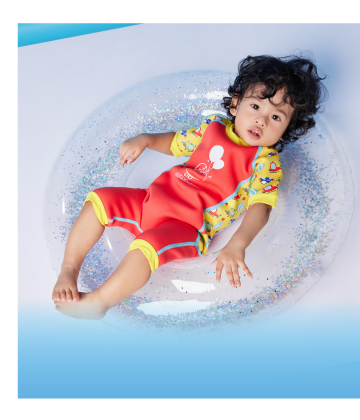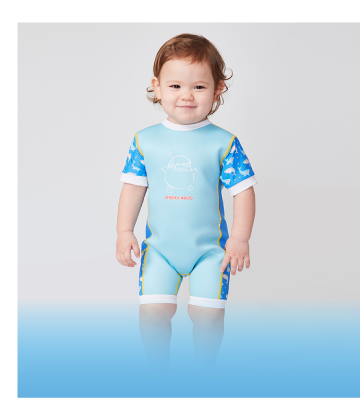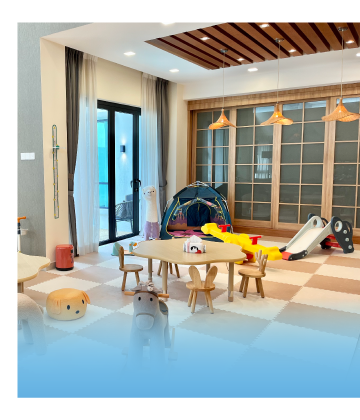

SUMMER ESCAPES – A visit to a swimming pool or to the sea is a popular activity among families. Splashing, paddling and wading through the water is a lot of fun. Apart from that, it also presents some dangers such as water drowning and injuries!
To help minimize the risks and have a splashing good time, here are some important safety tips to safeguard your Little Boos:
SUPERVISE THEM
Never allow your children to swim alone without companion and supervision. Children are vulnerable to drowning, especially for those who don’t know how to swim. It’s important to supervise them and always be alert with their safety in the water. Even if your kids are swimmers, accidents can still happen anytime. Sometimes foot cramps are unavoidable. When it does happen, it will be very risky!
GET THEM TO LEARN SWIMMING

If your little ones are not good at swimming, register them for swimming class! Don’t take risk and bring them to a pool or sea if they do not know how to swim! It could be very risky as they can easily get drowned.
DO NOT SWIM DURING THUNDERSTORMS
Water is electrically conductive. When the lightning strikes, swimmers in water will risk serious injury or death. So, you should keep your little precious away from the water immediately the thunderstorms and lightning strikes.
KEEP RESCUE EQUIPMENT NEAR THE POOL
When you bring your kids to swim, you can prepare essential rescue equipment near to the pool. It’s for your swimming safety and also for your little ones. Of course, the rescue equipment must not be electrically conductive. A life jacket, swim ring, Shepherd's hook and others that could be useful!
LEARN CPR AND FIRST AIDS

It's definitely a good idea for you to learn basic first aid and CPR. First aid skills are even useful outside of the pool or the sea. First aid and CPR are very useful to practice during an emergency case as you can rescue a life.
AVOID DIVING HEADFIRST
Never dive headfirst into shallow, murky water or any unfamiliar water, as you don't know its actual depth. There are possibilities with unseen rocks or other objects underwater, which pose hazards. If you notice your kids practicing headfirst diving, you need to stop them! Advise them to practice diving feet-first as they can know its depth and can feel the objects underwater.
















